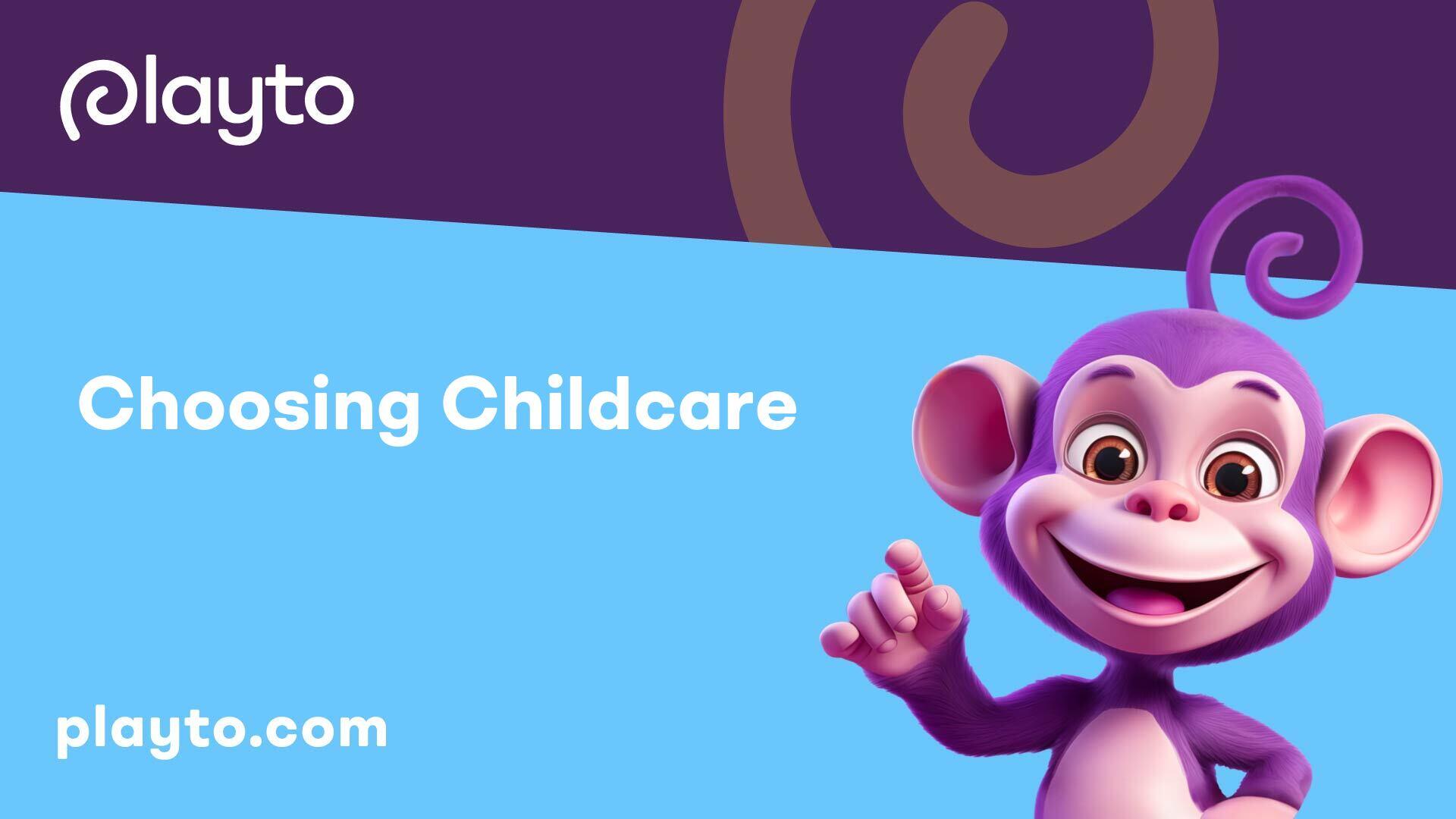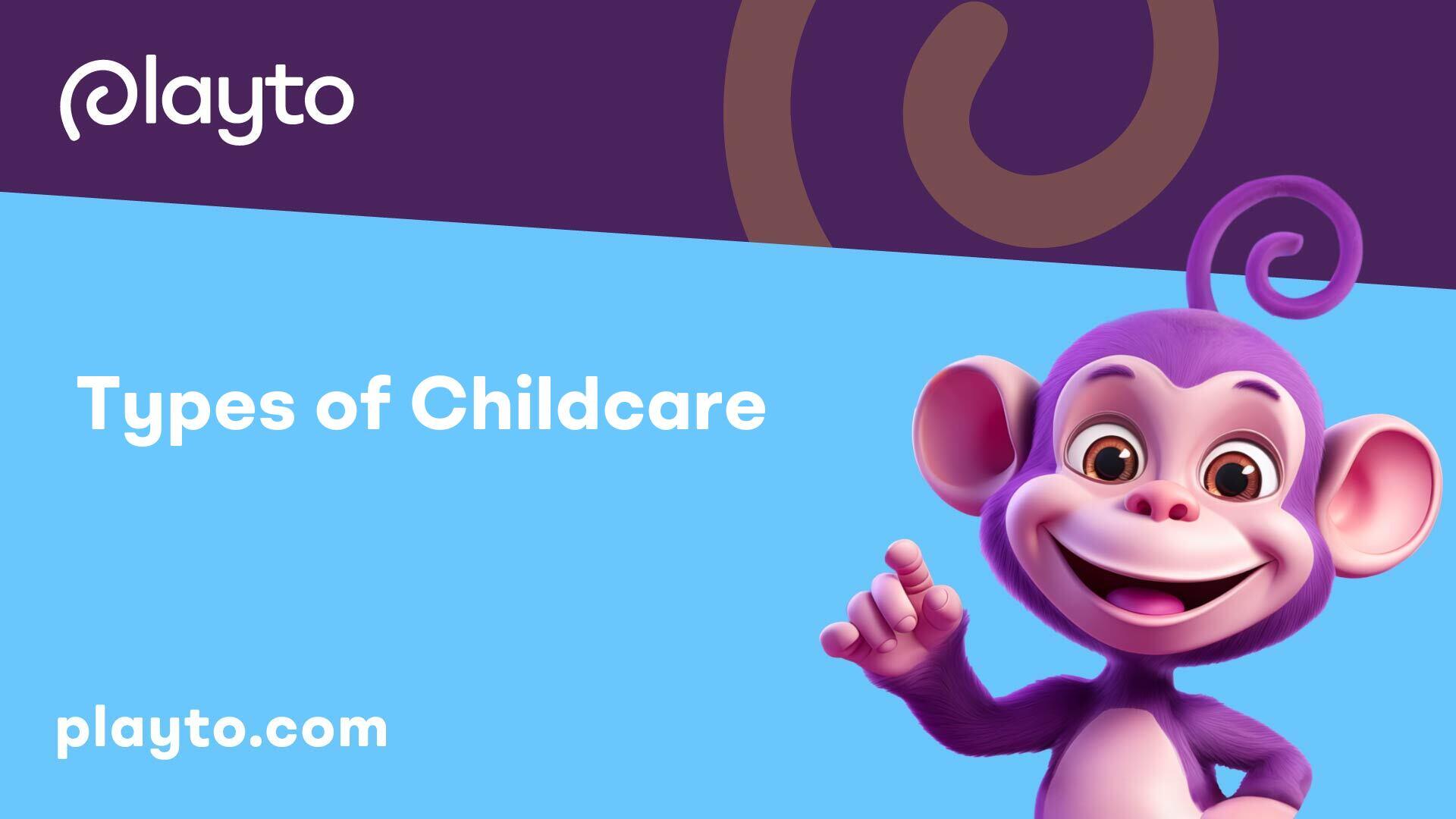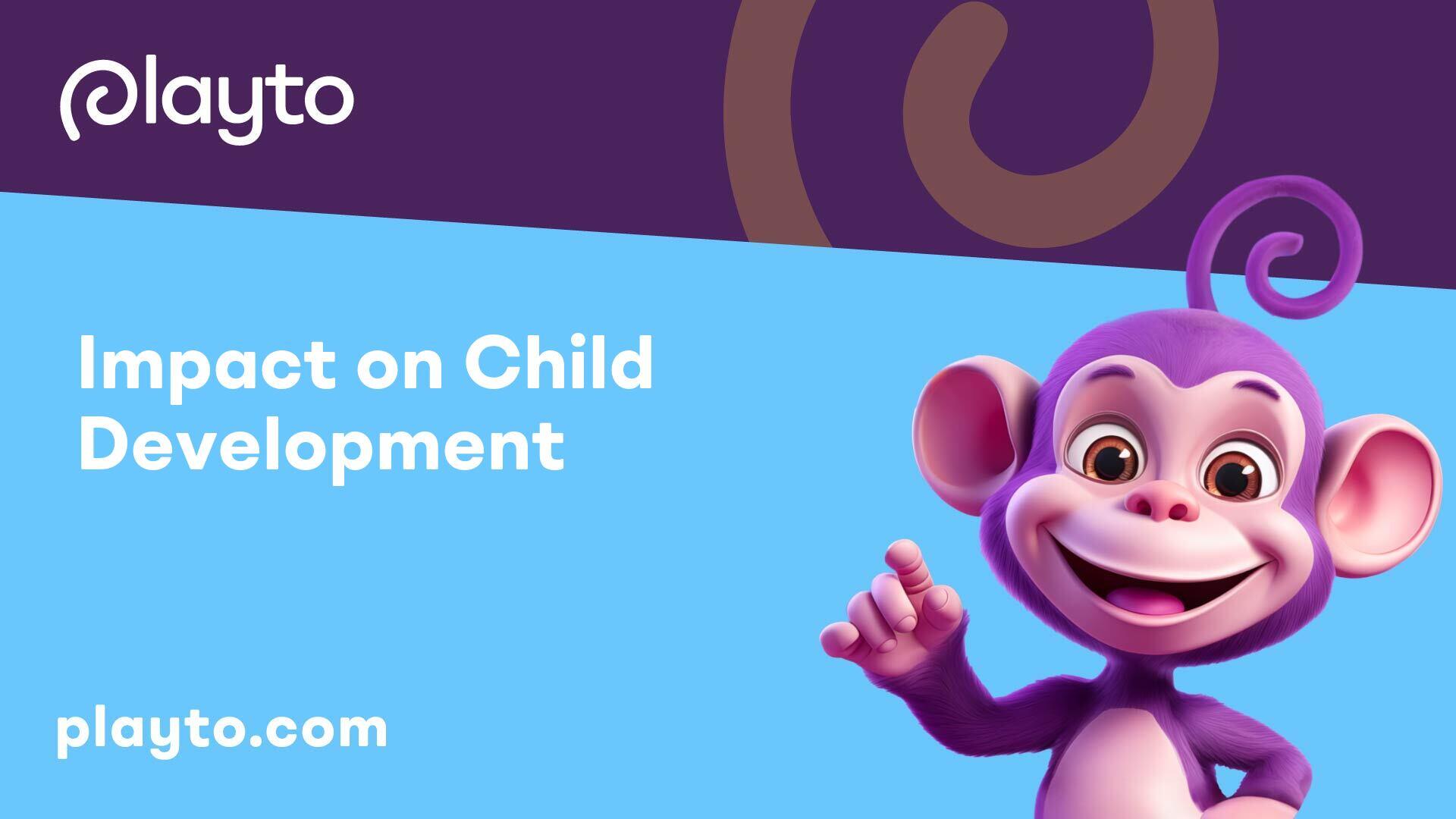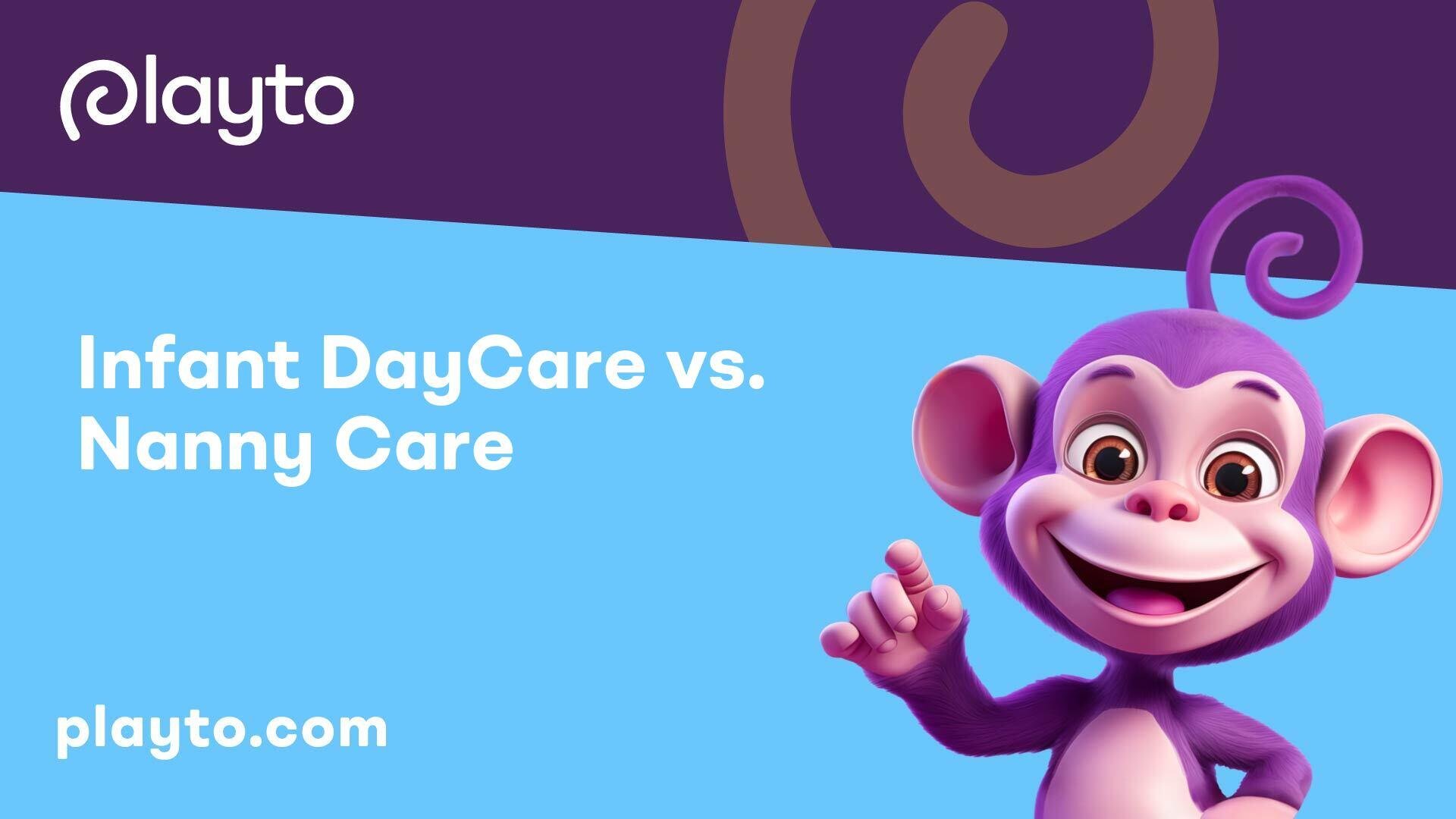
Choosing Childcare
When it comes to making the important decision of selecting childcare for their infants, parents in New York are faced with a myriad of factors to consider. Understanding these factors and having a structured decision-making process can help parents navigate this crucial choice efficiently.
Factors to Consider
Various factors come into play when evaluating childcare options for infants. Among the key considerations are the child's age, parent's work schedule, location, budget, and the specific needs of the infant. Each family will have unique circumstances that influence their decision, making it essential to prioritize what matters most to them.
Research has indicated that trained caregivers have a significant impact on the physical and mental well-being, safety, and cognitive development of children under their care. Additionally, federal regulations mandate specific standards for child group sizes and staff-to-child ratios to ensure safety and promote development in childcare settings. These regulations influence the quality of care provided and can be a crucial factor to consider.
Decision-making Process
The decision-making process for choosing between infant daycare and nanny care should involve a comprehensive assessment of the family's needs and values. Understanding the advantages and disadvantages of each option is crucial. While nanny care offers personalized attention and care within the child's home environment, daycare provides opportunities for socialization, early learning experiences, and exposure to diverse environments.
Relative care, where a family member like a grandparent takes on the caregiving role, is another option families may consider. Proximity, availability, and the ability of the relative to provide consistent and quality care are factors that weigh into this decision.
Financial considerations also play a pivotal role in the decision-making process. The cost implications between daycare and nanny care can significantly impact the final choice. Parents may need to evaluate their budget constraints alongside the benefits each type of care offers. An insightful exploration of the financial aspect can provide clarity on which option aligns best with the family's resources and priorities.
By considering these factors and following a systematic decision-making process, parents in New York can approach the task of choosing between infant daycare and nanny care with confidence and informed decision-making. Each family's unique circumstances and values will ultimately steer them towards the childcare option that best suits their needs and aligns with their vision for their infant's care and development.

Types of Childcare
When it comes to childcare options for infants, parents in New York often weigh the pros and cons of different arrangements, including daycare centers, nanny care, and relative care. Each option presents unique benefits and considerations, ensuring a tailored approach to childcare.
Daycare Centers
Daycare centers are popular choices for parents seeking structured and social settings for their infants. These centers provide a group environment where infants can interact with peers and receive care from trained professionals. Daycare centers offer structured activities, playtime, and early education programs to support infant development.
In daycare centers, infants benefit from exposure to a diverse range of stimuli, helping to enhance their socialization skills and overall development. Parents can also take advantage of infant feeding support and guidance on infant milestones from daycare professionals. Additionally, daycare centers adhere to strict infant daycare safety standards to ensure a secure environment for infants to thrive.
Nanny Care
Nanny care involves hiring a caregiver, usually in-home, to provide one-on-one attention to the infant. Nannies offer personalized care and supervision, tailored to the specific needs of the infant and the family. This individualized approach can be advantageous for parents seeking flexible schedules and personalized care for their infants.
Nannies play a crucial role in nurturing infants and fostering a strong caregiver-child bond. Parents can rely on nannies to implement individualized routines, engage in interactive play, and provide emotional support to infants. While nanny care may offer flexibility and personalized attention, it often comes at a higher cost compared to daycare centers, as cited by Care.com.
Relative Care
Relative care involves entrusting a family member, such as a grandparent or relative, with the responsibility of providing childcare for the infant. This arrangement can be convenient for families where relatives live nearby or are willing to relocate to assist with childcare. Grandparent or relative care can offer a sense of familiarity and comfort for the infant, as they are cared for by a trusted family member.
Choosing relative care for childcare allows infants to form strong bonds with family members while receiving quality care in a familiar environment. This arrangement can be a cost-effective option for some families, eliminating the need for external childcare services. It offers the benefit of individualized attention and care from a family member who is invested in the infant's well-being.
When considering the available childcare options for infants, parents in New York must assess their family's needs, budget constraints, and desired level of personalized care. Each childcare option - daycare centers, nanny care, and relative care - offers unique benefits and considerations that cater to different family dynamics. By evaluating these options against personal preferences and priorities, parents can make an informed decision that aligns with their infant's well-being and developmental needs.
Pros and Cons
When deciding between infant daycare and nanny care, it's essential to weigh the benefits and drawbacks of each childcare option. Both daycare centers and nanny care offer unique advantages tailored to individual family needs.
Benefits of Daycare
Daycare centers provide a structured environment for children to learn and grow, offering a range of benefits that can positively impact their development. Research has shown that trained caregivers in daycare centers are more likely to promote the physical and mental health, safety, and cognitive development of the children under their supervision.
Furthermore, children in center-based care, starting from 6 months of age, have displayed improved cognitive and language development by age 3, enhanced academic skills by age 4 ½, and fewer behavioral issues at ages 2 and 3 compared to those in other childcare arrangements. This structured environment can facilitate early learning and social interactions vital for a child's overall development.
However, it's important to note that children in daycare centers may be more susceptible to common illnesses like ear infections, respiratory infections, and stomach bugs compared to those cared for at home, especially in larger group settings. Nonetheless, exposure to common illnesses may potentially strengthen a child's immune system in the long run, providing some degree of protection in the future [5].
Many parents find comfort in the socialization opportunities and structured learning environment that daycare centers offer. The decision to choose between daycare and nanny care may come down to individual preferences, cost considerations, and the unique needs of each child. A clear and confident perspective on daycare benefits can help alleviate some anxieties associated with this important decision.
Benefits of Nanny Care
On the other hand, nanny care provides personalized attention and one-on-one interaction that can be beneficial for infants and children. Nannies offer a home-like setting and individualized care that may align better with the specific routines and needs of each child. The close bond formed between a child and their nanny can foster a strong sense of security and attachment, promoting emotional well-being.
Nanny care allows for greater flexibility in scheduling and activities tailored to the child's interests and development. Additionally, having a consistent caregiver can provide stability and continuity in a child's routine, which may be particularly reassuring for some families.
While nanny care offers personalized attention and the convenience of in-home care, it may not offer the same level of socialization opportunities and structured learning experiences that daycare centers provide. Ultimately, the decision between daycare and nanny care hinges on factors such as individual preferences, family dynamics, and the specific needs of the child. Each option has its merits, and the right choice will depend on what aligns best with the family's values and lifestyle.
Cost Considerations
When it comes to deciding between infant daycare and nanny care, cost is a significant factor that plays a crucial role in the decision-making process for many parents. Understanding the financial implications of each childcare option can help parents make an informed choice that aligns with their budget and preferences.
Daycare Costs
Daycare centers are typically a more affordable childcare option compared to nanny care, providing a structured environment for children to learn and socialize. According to a survey by Care.com, the average posted rate for one child at a daycare center is approximately $321 per week. These daycare centers offer a range of benefits, including access to trained staff, educational programs, and social interaction with other children.
For families seeking a more intimate setting, family care centers, also known as in-home daycares, offer a slightly lower average rate of around $230 per week. While family care centers may provide a more personalized approach to childcare, they may lack the same level of resources and backup care options as larger daycare centers.
Nanny Care Costs
On the other hand, nanny care tends to be a more expensive option compared to daycare. According to Care.com, parents often post nanny rates for one child at approximately $766 per week. The cost of nanny care can vary depending on factors such as the nanny's experience, duties, and location.
While nanny care offers the benefit of personalized attention and care in the child's home environment, it comes at a higher price point than daycare. Nannies can provide one-on-one interaction with the child, specialized care based on the family's preferences, and flexibility in scheduling.
When weighing the cost of infant daycare versus nanny care, it's essential for parents to consider their budget, childcare needs, and the level of individualized care they require for their child. By understanding the financial implications of each option and comparing the benefits and drawbacks, parents can make a well-informed decision that suits their family's unique circumstances.

Impact on Child Development
When deciding between infant daycare and nanny care, one of the critical considerations is how each option impacts a child's overall development. Understanding the effects on socialization and development, as well as the health and immune system of the child, can help parents make an informed choice that aligns with their child's needs.
Socialization and Development
Children who attend daycare have the opportunity to develop friendships by interacting and playing with other children daily, fostering socialization at an early age. This regular interaction in a structured environment can help infants learn social skills, build relationships, and adapt to group settings. Moreover, children enrolled in center-based care from 6 months of age and older have shown improved cognitive and language development, enhanced academic skills, and fewer behavioral problems compared to other childcare arrangements [5].
Health and Immune System
The impact of childcare on a child's health and immune system is also a crucial aspect to consider. Children in larger group care from age 2 to 3 were found to be less likely to contract respiratory or stomach illnesses between age 3 to 4 ½, suggesting that large group care may ultimately boost a child’s immune system. However, it's important to note that children in center-based care were more likely to acquire ear infections, respiratory infections, and stomach bugs compared to those cared for at home, especially in centers with six or more children.
Ultimately, while the type of childcare can influence aspects of a child's development, it's essential to remember that parent and family factors have a more significant impact on child development than the type of childcare chosen, as highlighted in the NICHD Study of Early Child Care and Youth Development. Parents should weigh the benefits and potential drawbacks of each childcare option in light of their child's unique needs, family circumstances, and personal preferences.
Staff Qualifications
When it comes to childcare, the qualifications of the staff play a pivotal role in ensuring the safety, development, and well-being of infants. Evidently, daycare staff must possess appropriate qualifications and receive ongoing training to provide quality care for infants.
Training Requirements
Daycare staff have varying training requirements, encompassing essential topics such as CPR, first aid, safe sleep practices, and nutrition. These training programs not only enhance the skills and knowledge of the staff but also support the development and health of children at the daycare center. Each state mandates different training requirements for child care providers to continuously improve their competencies and ensure the safety and well-being of the infants in their care [7].
It is imperative for daycare center staff to stay up-to-date with the latest trends in child care and education, which can be achieved through ongoing professional development. By participating in professional development opportunities, daycare staff can incorporate new teaching methods, stay informed about emerging research, and continuously enhance their skills to adapt to the evolving needs of infants.
Professional Development
Investing in the professional growth of daycare staff is essential for providing high-quality care and education to infants. By facilitating professional development opportunities, daycare centers can empower their staff to deliver the best possible care, meet the diverse needs of children and families, and improve overall outcomes. Moreover, a workplace culture that values continuous professional development fosters a cohesive team of highly skilled caregivers who are dedicated to the well-being and development of the infants under their supervision.
In addition to initial training and continuous professional development, regular supervision of staff in daycare settings is critical. Supervision not only ensures the safety and well-being of infants but also upholds high standards of care, supports staff growth, and evaluates performance. By providing effective supervision, daycare centers can prevent accidents and injuries, ensure compliance with safety protocols, and maintain a nurturing environment that prioritizes the needs of the infants in their care.
References
[2]:
[3]:
[4]:
[5]:
[6]:
[7]:
